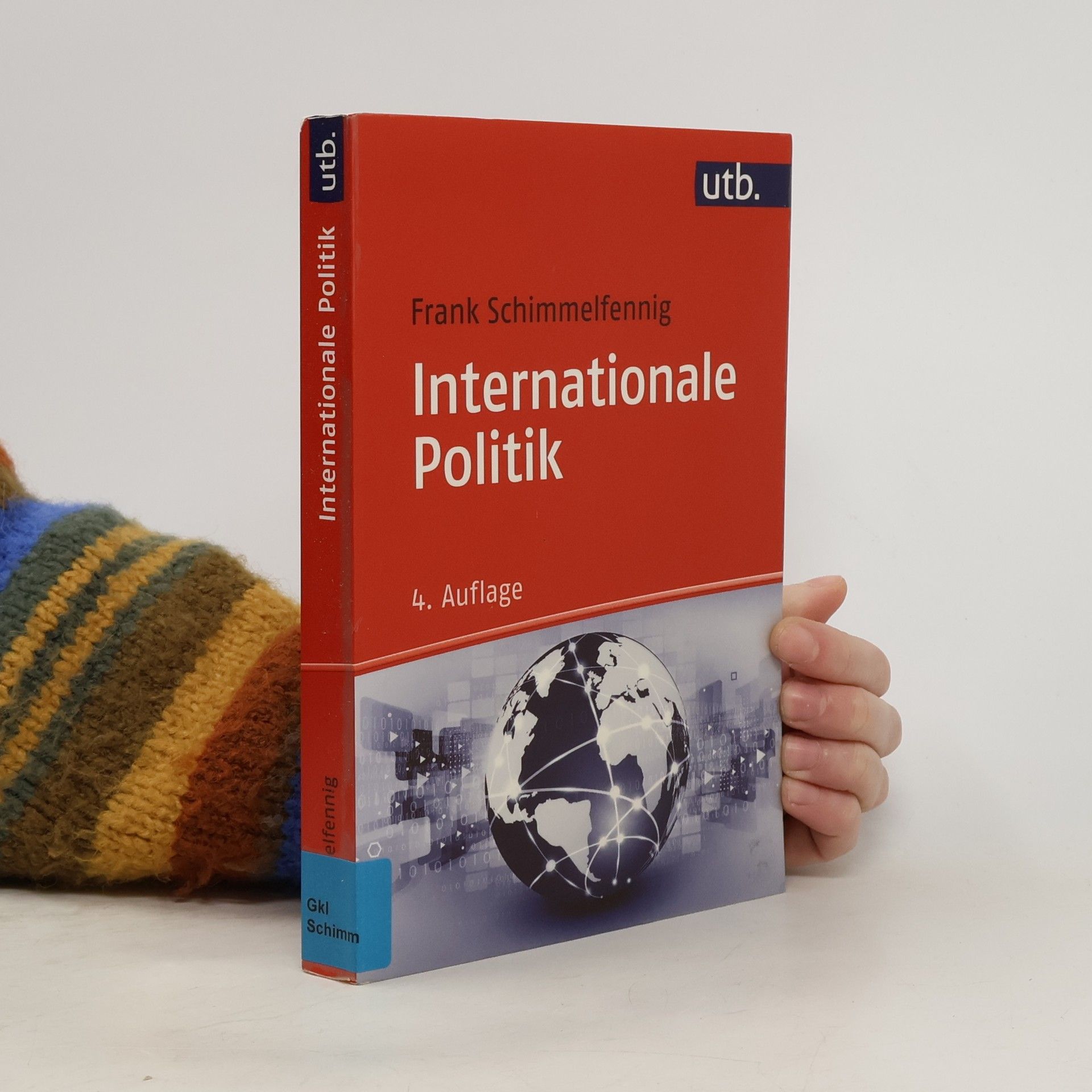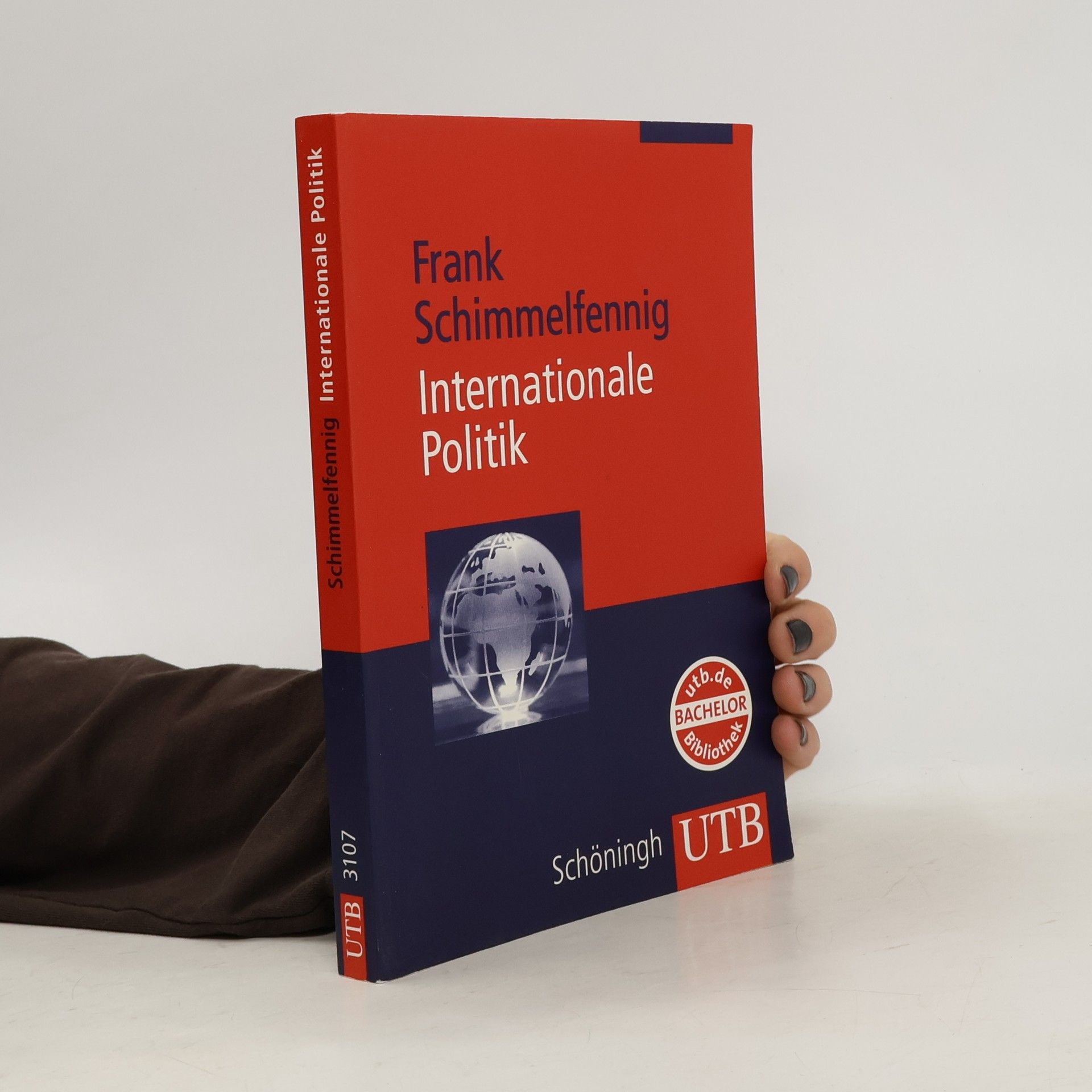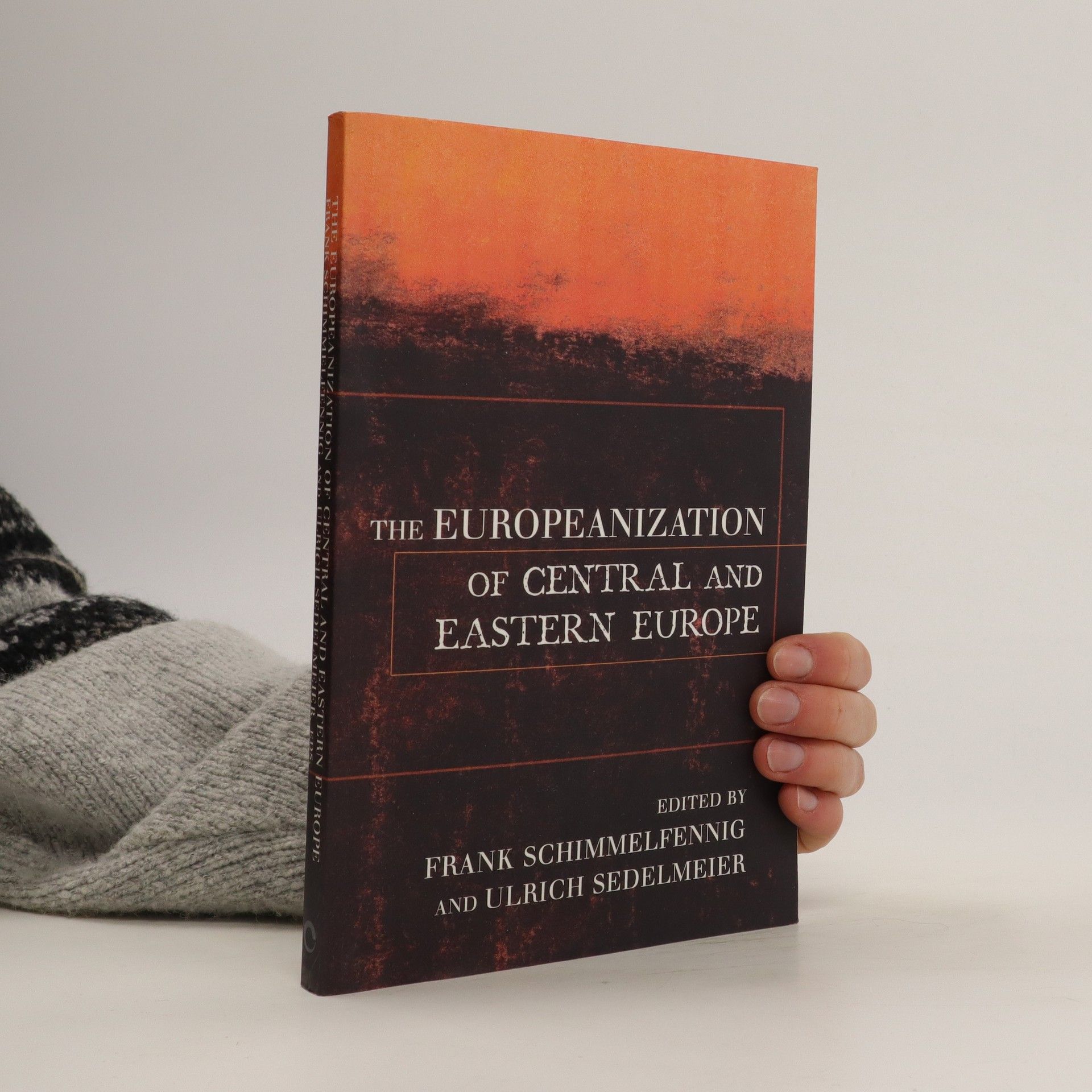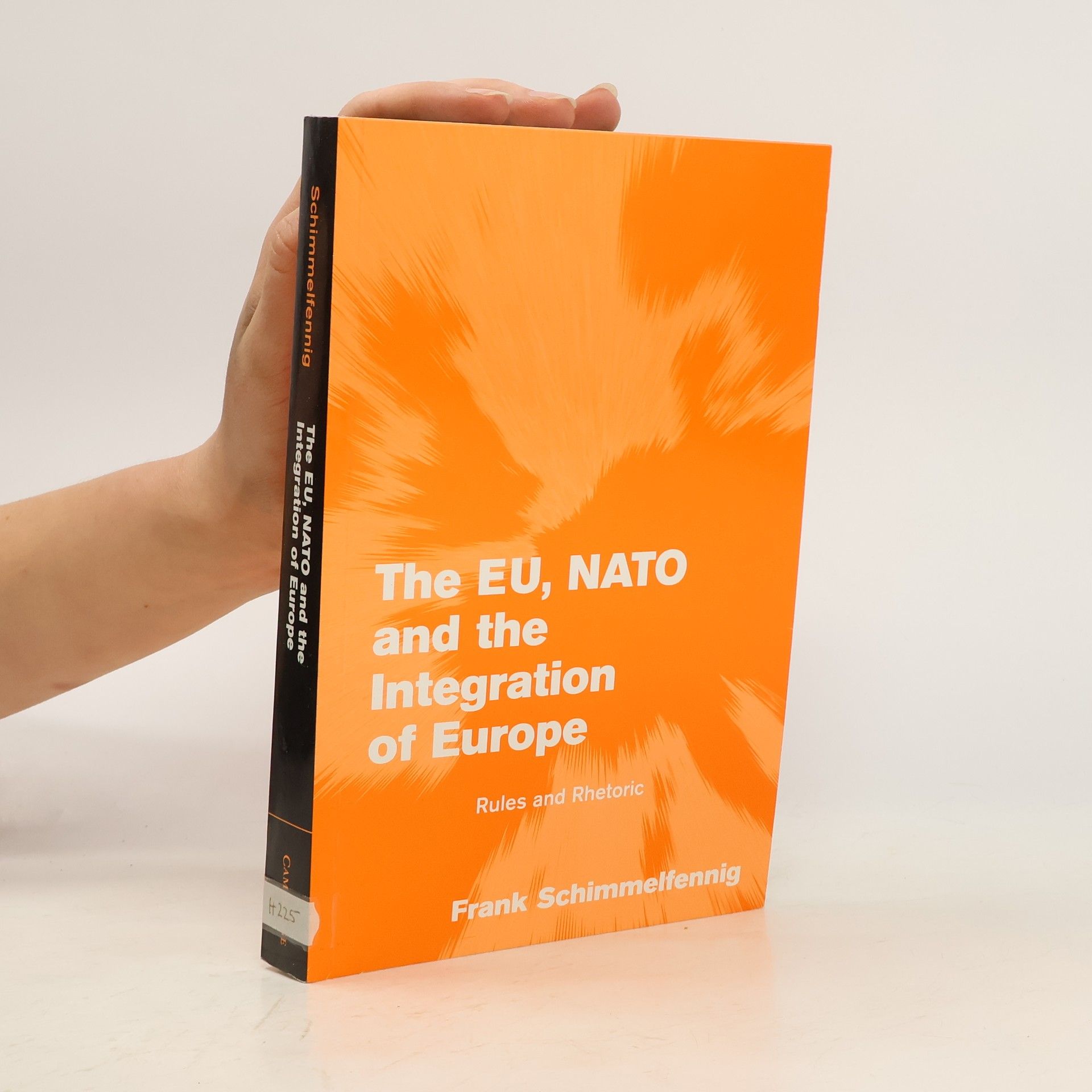This book delves into the intricate dynamics of Eastern enlargement, examining the political motivations and underlying causes behind the expansion of the European Union and NATO. It explores the implications of this enlargement for regional stability, security, and the shifting balance of power in Europe, providing a comprehensive analysis of the geopolitical landscape and the strategic interests at play in the integration of Eastern European nations.
Frank Schimmelfennig Knihy





The Europeanization of Central and Eastern Europe
- 274 stránek
- 10 hodin čtení
This book demonstrates the importance of the credibility and the costs of accession conditionality for the adoption of EU rules in Central and Eastern Europe.
The book explores the complexities of European integration, highlighting significant variations across policy areas and member states. It investigates the reasons behind certain countries opting out of specific EU policies and the differing levels of integration among policies. In this updated edition, the authors present key theoretical approaches to European integration, arguing that no single theory fully explains the phenomenon. This synthesis offers a fresh perspective on the EU's structure and functionality, encouraging readers to rethink its dynamics.
Krieg, Frieden, Kooperation, Netzwerke, Institutionen: Dieses Buch gibt eine problemorientierte Einführung in die politikwissenschaftliche Teildisziplin der Internationalen Beziehungen. Frank Schimmelfennig stellt die wichtigsten aktuellen Theorien der Internationalen Beziehungen vor und gibt einen Überblick über die zentralen Gegenstände der internationalen Politik. Aktuelle Beispiele veranschaulichen die Ansätze und Methoden.
Krieg, Frieden, Kooperation, Netzwerke, Institutionen: Dieses utb gibt eine problemorientierte Einführung in die politikwissenschaftliche Teildisziplin der Internationalen Beziehungen. Frank Schimmelfennig stellt die wichtigsten aktuellen Theorien der Internationalen Beziehungen vor und gibt einen Überblick über die zentralen Gegenstände der internationalen Politik. Aktuelle Beispiele veranschaulichen die Ansätze und Methoden.